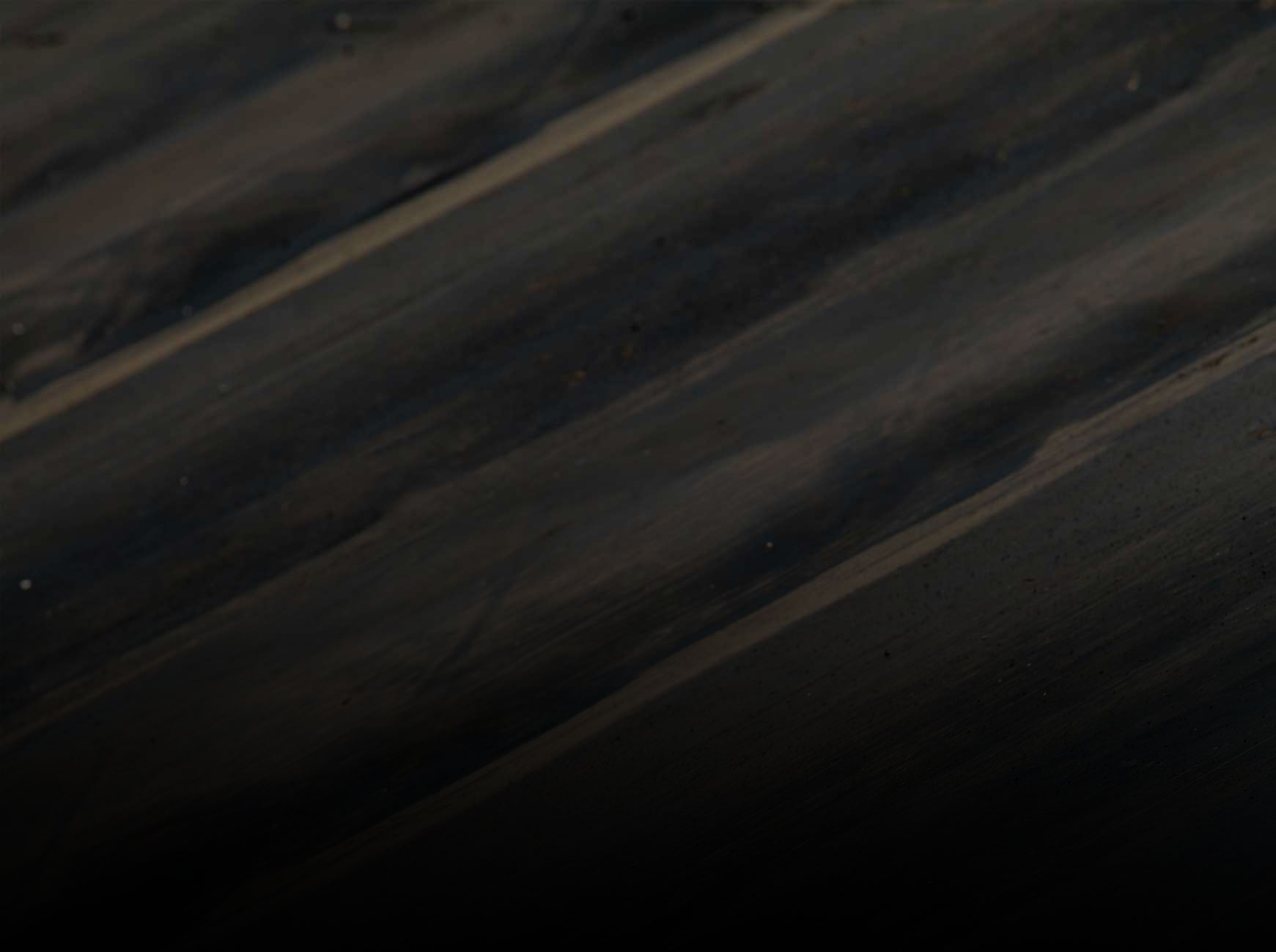Man this event looks awesome! I’m already trying to figure out how to get there for next year! Thanks to our friend Tony Thacker, we’ve got great photos from this cool show. I love that he was there and had a great time, and we really appreciate him sharing his adventures with all of us. Check out the next gallery below, and if you missed the first one, there is a link below for those photos too!
(Words and Photos by Tony Thacker) When McLaren F1 designer Peter Stevens invites you to the annual Rømø Motor Festival in Denmark you get on a plane—pronto. I was expecting a smallish, back-door beach race with maybe a couple hundred participants. Instead, there were in excess of 20,000, some said maybe as many as 30,000 people there for what is essentially a one-day affair although many visitors make a week of it.
People have been beach racing since the earliest days of auto racing but Danish beach racing traces its origins back to August 23,1919 when Sven Simmelkaer organized the first event but only after the beach had been cleared of World War I mines. In 1923, Sir Malcolm Campbell driving his Bluebird set the fastest time to date of 240 kph. Sadly, the following year a spectator was killed when Campbell blew a tire. And that was the end of that.
That is until 2016 when Danish beach racing was revived by Thomas Toft Bredahl, Carsten Bech, Steffen Sonnberg, Finn Andresen and Holger Sonnberg on another, even more expansive beach just south of Fanø on the west coast of Denmark.
To get to Rømø, we had to take a six-hour ferry from Harwich in England to the Hook of Holland and then drive 470 miles north through the Netherlands and Germany into Denmark. It’s not uneventful, there’s lots to see but the wide-open throttle autobahns are mad with endless Porsches, Mercs, Bimmers and ubiquitous white vans rocketing by at break neck speeds.
Each European country has its own distinctive personality and entering Denmark is a step back in time. Its Legoland, of course, known for cutting-edge design but out on the west coast facing the North Sea and bleak Britain, it’s a step back to simpler times where there is no trash and the people are trusting.
On the day of the festival we were woken by the sound of vee twins and vee eights cracking into uncorked life in the hostels and camp sites all around. There’s only one road from the mainland out to Rømø and Lakolk Strand (the beach) and you can imagine with 20,000-plus people arriving from all over Europe in American cars, trucks and trailers the two-lane causeway gets pretty crowded as do the few narrow roads leading to the beach but somehow everybody arrives and leaves with minimum hassle.
The race is actually held on a public road albeit on the beach so there is no entry fee for the public, that’s right, the spectators pay nothing to see this event which is an 1/8-mile drag race on sand. The only income for the organizers is from race entries, vendors, merch and sponsors. They don’t have pre-event access to the beach—because it’s a public road—and so set-up cannot begin before 5 am on the day of the race and at the end everything has to be returned to the way it was.
Tech inspection takes place on the Friday before the event at another location on the south of the island which means that you get to see all the entries crusin’ the street sans fenders, mufflers, etc. We saw no cops. After tech, a few of us drove out to another endless beach at Sønderstrand for an impromptu photo shoot while others attended the first of two big parties.
Meanwhile, I got the op to drive Swede Krister Lindblom’s Deuce Roadster powered by a 304 ci flattie with parts sourced from H&H Flatheads. Not my car so I took it easy but I made a couple fast rips up and down the beach—it was a fitting prelude to race day.
Because of the time needed to prep the course, racing does not begin until a civilized 10 am. As there’s little official presence most of the race cars were driven onto the beach and lined up behind the start. There really aren’t any groupings, you just choose off who you want to race and go for it.
And what a selection of bikes and cars there were, everything from British sports cars, an Austin 7 and a Morris 8, a Packard and the expected field of flathead-powered early Ford hot rods.
Sadly, our long day on the beach came to an end and our new-found friends departed for the far reaches of Europe. As we said goodbye, we couldn’t help but wonder how climate change and rising sea levels could affect this stunning venue. My advice, best go before it’s too late.
For more info on the Rømø Motor Festival go to: https://www.






















